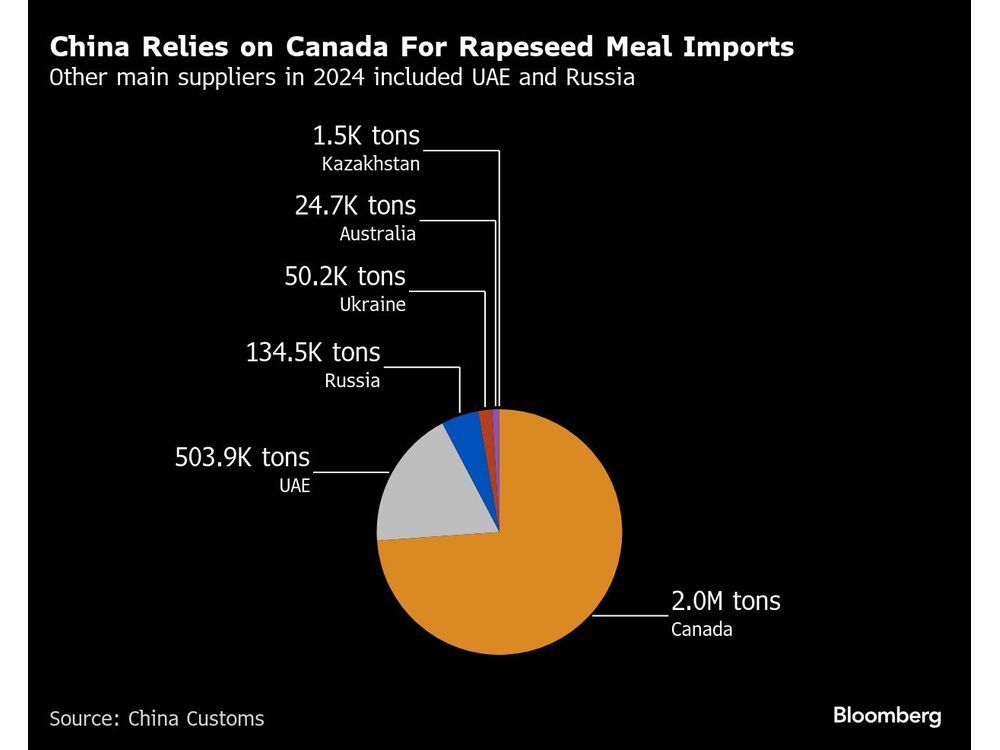Paying employees and providing them with appropriate compensation is a key element of employee relations. Base pay also referred to as ‘straight-time’ pay, refers to the minimum wage or salary an employer provides for a job and can be provided.
Understanding how base pay works is important for people who want to work at certain places. It gives a general idea of what to expect when it comes to paying – which can help both businesses and employees understand the expectations of their agreement.
What is Base Pay?
Base Pay refers to the initial rate of compensation an employee receives in exchange for the services they provide. It does not include any benefit, bonus, or raise.
The base pay is usually determined by the industry standard and the level of experience and skills that the employee brings to the table. It is a fixed amount that is typically paid out on a regular schedule.
This regularity provides employees with a certain level of financial security.
In most cases, base pay is the largest portion of an employee’s compensation package. It serves as the foundation of other pay elements such as bonuses, benefits, or commissions.
In simple words, Base Pay is the fixed wage or salary offered for a job that does not include any extras like bonuses, benefits, or commissions.
How Base Pay Works
Base Pay operates as the fundamental part of an employee’s compensation package.
It is usually determined by several factors including the role and responsibilities of the job, the employee’s skills, experience, and qualifications, as well as market trends and industry standards.
Once the base pay rate is established, it typically remains consistent and is paid out on a regular schedule such as hourly, weekly, monthly, or yearly. This ensures a predictable income for the employee.
However, base pay is not static forever. It can be adjusted over time based on factors such as annual reviews, promotions, or changes in the cost of living.
Some organizations also adjust base pay based on performance evaluations, rewarding high-performing employees with raises.
While base pay includes the guaranteed part of an employee’s income, it does not include additional forms of compensation like bonuses, commissions, overtime pay, or benefits.
These are considered separate from base pay and can significantly increase an employee’s total compensation.
Difference Between Base Pay and Benefits
Base pay is different from benefits, which are payments made to employees in addition to their base salary or wages.
Benefits can include health insurance, pension plans, vacation days, sick time, and other forms of compensation that are not included in the employee’s base pay.
These additional benefits may be provided as part of an employee’s overall compensation package to attract and retain talented staff.
In some cases, benefits such as health insurance, tuition reimbursement, or childcare assistance may be offered as part of an employee’s base salary. However, these types of benefits are usually considered separate from the actual base pay rate.
Conclusion
Base Pay is the fundamental form of compensation for employees – by understanding how it works, employers and employees can better understand their compensation agreement. It is an important part of the total compensation package – which helps to calculate the overall value of an employee’s pay.
Further questions
What's your question? Ask it in the discussion forum
Have an answer to the questions below? Post it here or in the forum



